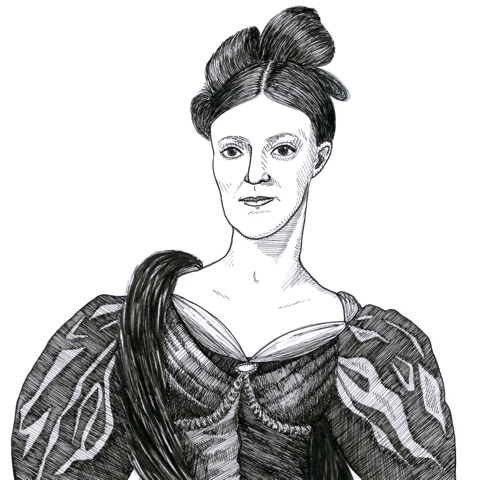
Harriet Martineau on the institution of slavery, “restless slaves”, and the Bill of Rights (1838)
Found in: Retrospect of Western Travel, vol. 2
The popularizer of political economy, Harriet Martineau (1802-1876), in her account of her travels in the U.S. in 1834-36, relates the story of a slave woman, Mum Bett, who resisted a beating by her owner and demanded her liberty in the name of the Bill of Rights
Colonies, Slavery & Abolition
Mum Bett called on Mr. Sedgwick, and asked him if she could not claim her liberty under the law. He inquired what could put such an idea into her head. She replied that the “Bill o Rights” said that all were born free and equal, and that as she was not a dumb heast, she was certainly one of the nation.